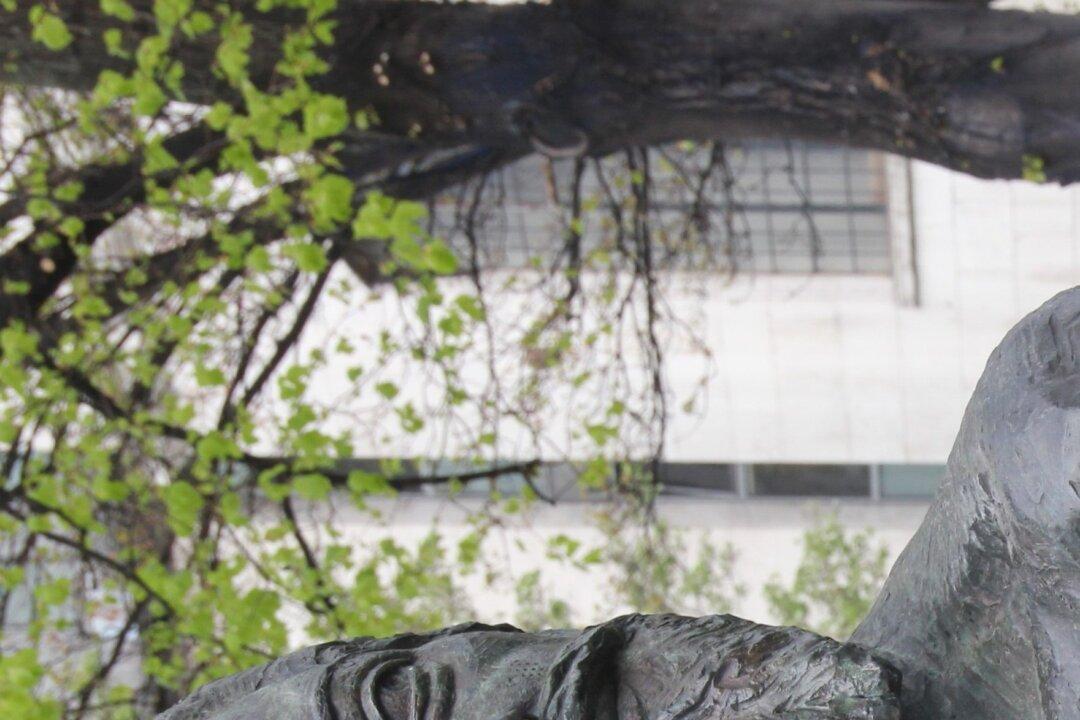“John Donne—Anne Donne—Undone.”
Fledgling poet John Donne (1572–1631) wrote these words in 1601 after his secret marriage to 16-year-old Anne More was discovered. A young man with promise, Donne was then working as secretary to Sir Thomas Egerton, the wealthy Lord Keeper of the Great Seal of England. Unfortunately for the enthralled Donne, Egerton was also Anne’s uncle. Both Egerton and Anne’s father, George More, strongly opposed this marriage, refused to grant Anne a dowry, and even had Donne briefly imprisoned.






